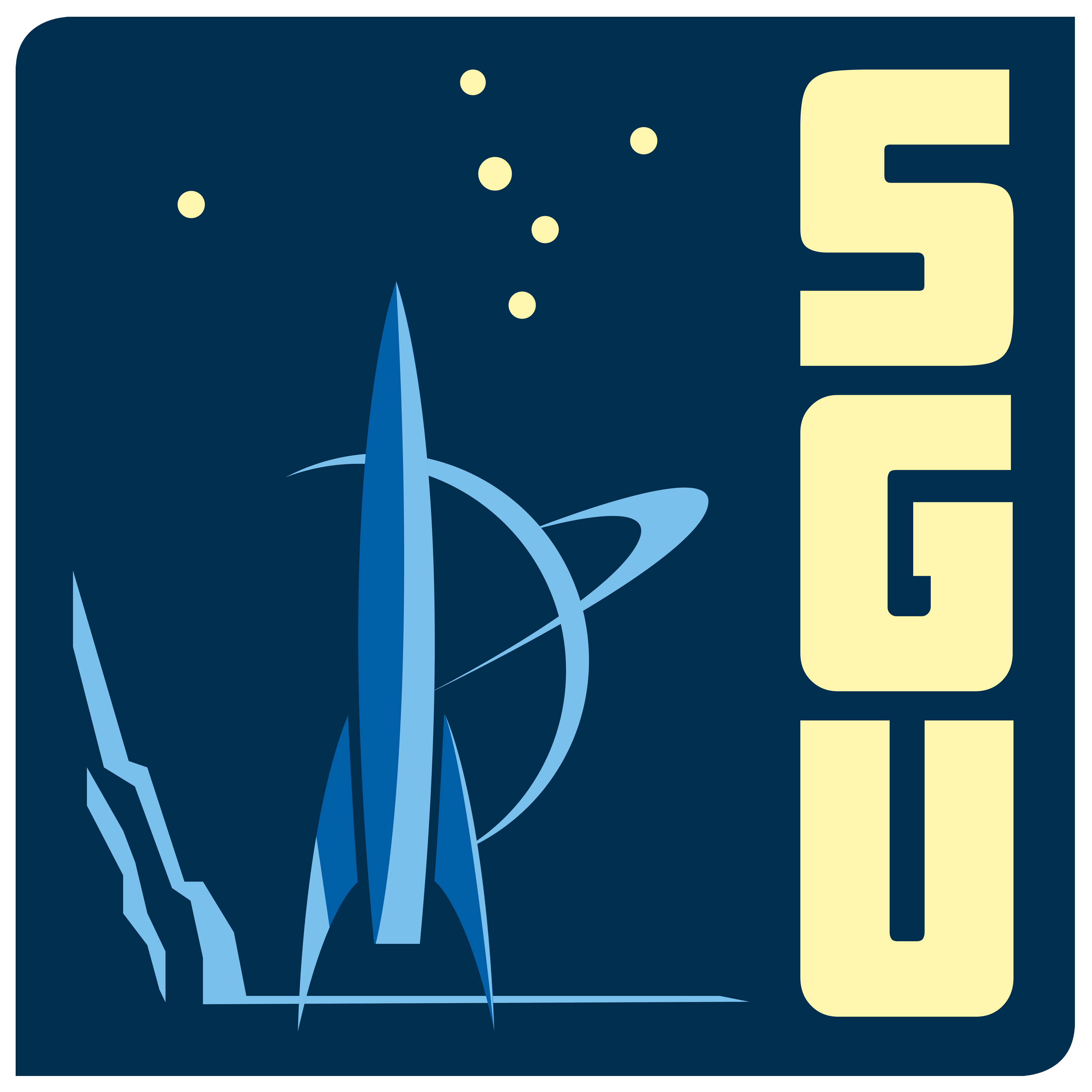Key Takeaways
- Wildfires in Los Angeles are currently severe, with multiple large fires burning with zero containment, exacerbated by strong winds and dry conditions.
- The Mars Sample Return program is being revised to reduce costs and accelerate the timeline, potentially using a SpaceX Starship or similar vehicle.
- Unique microbial ecosystems in glacier-fed streams are highly vulnerable to climate change, highlighting the need for preservation and biobanking.
- The Surgeon General has issued an advisory linking alcohol consumption to increased cancer risk, even at moderate levels, prompting calls for updated warning labels and public education.
- The concept of a New York to London hyperloop tunnel is discussed as a technologically ambitious but likely unfeasible project due to immense costs and engineering challenges.
Segments
Bill Nye Receives Presidential Medal of Freedom (~00:25:00)
- Key Takeaway: Bill Nye, a prominent science communicator and environmental advocate, has been awarded the Presidential Medal of Freedom for his contributions to science education.
- Summary: The hosts celebrate Bill Nye’s recognition with the Presidential Medal of Freedom, highlighting his crucial role in communicating science and critical thinking to a global audience.
Primate Birth Evolution (~00:27:00)
- Key Takeaway: New research suggests that giving birth to twins may have been the ancestral primate trait, with most primates independently evolving to give birth to single offspring, likely due to increasing head size.
- Summary: The segment discusses a study that challenges the long-held belief about primate birth, proposing that multiple births were ancestral and single births evolved independently multiple times, possibly linked to the larger head size of primates.
NASA’s Mars Sample Return Program Revision (~00:33:00)
- Key Takeaway: NASA is revising its Mars Sample Return program to significantly reduce costs and accelerate the mission timeline, potentially by abandoning helicopters and focusing on alternative landing and sample retrieval methods.
- Summary: Jay Novella explains the significant changes to NASA’s Mars Sample Return program, which aims to bring samples from Mars back to Earth. The revised plan seeks to lower the estimated $11 billion cost and move the return date from the 2040s to the 2030s, possibly involving commercial partners like SpaceX.
Unique Glacier-Fed Stream Microbiomes (~00:47:00)
- Key Takeaway: Researchers have identified unique microbial ecosystems in glacier-fed streams that are highly adaptable but extremely vulnerable to climate change and glacier shrinkage.
- Summary: Bob Novella discusses new research on the microbial life found in extreme freshwater ecosystems of glacier-fed streams. These microbiomes, characterized by high adaptability and unique species, are at significant risk due to melting glaciers, prompting calls for preservation and biobanking.
New York to London Hyperloop Tunnel Concept (~01:05:00)
- Key Takeaway: The concept of a New York to London hyperloop tunnel, while technologically fascinating, is deemed highly impractical and prohibitively expensive, with estimated costs reaching $20 trillion or more.
- Summary: Evan Bernstein explores the idea of a hyperloop tunnel connecting New York and London, which would involve vacuum tubes and magnetic levitation trains traveling at extreme speeds. The discussion highlights the immense engineering challenges, astronomical costs, and the need for uninvented technologies, ultimately concluding it’s likely science fiction.
Surgeon General’s Advisory on Alcohol and Cancer (~01:25:00)
- Key Takeaway: The U.S. Surgeon General has issued an advisory linking alcohol consumption to increased cancer risk, even at moderate levels, advocating for updated warning labels and public awareness.
- Summary: The hosts discuss the recent advisory from the Surgeon General highlighting the significant link between alcohol use and various cancers. They note that public awareness of this risk is low and compare the situation to the historical campaign against smoking, discussing the challenges of changing cultural behaviors around alcohol consumption.
Who’s That Noisy? - Burning Wood (~01:55:00)
- Key Takeaway: The ’noisy’ sound from a previous episode was identified as the sound of wood fracturing and gassing internally as it burns, not the sound of the flames themselves.
- Summary: Jay Novella reveals the answer to the ‘Who’s That Noisy?’ segment: the sound of wood crackling from within as it burns. He explains that the pops and crackles are caused by the wood gassing and fracturing due to heat, not the flames directly.
Cryptids as Cultural Mascots (~02:15:00)
- Key Takeaway: Cryptids can serve as cultural mascots or regional symbols for areas like the Pacific Northwest, even among people who do not believe in their literal existence, potentially benefiting tourism and local identity.
- Summary: The hosts discuss a listener’s question about cryptids like Bigfoot functioning as cultural icons. They debate whether this practice is harmful by promoting pseudoscience or benign if treated humorously, drawing parallels to mascots like leprechauns or dragons.
CES 2025: Science or Fiction (~02:25:00)
- Key Takeaway: At CES 2025, a solar-powered hat for charging devices and an electric spoon designed to enhance food’s salty and savory taste were presented as real innovations, while a spice dispenser with unrefillable capsules was identified as fictional.
- Summary: The panel plays ‘Science or Fiction’ with four products from CES 2025. They identify a solar-powered hat and an electric spoon as real, though perhaps impractical, innovations, and a spice dispenser with proprietary capsules as fictional, while a phone battery swapping device was also discussed.
Quote of the Week (~02:45:00)
- Key Takeaway: Karl Popper’s assertion that ‘Those among us who are unwilling to expose their ideas to the hazard of refutation do not take part in the scientific game’ emphasizes the importance of falsifiability in science.
- Summary: Evan Bernstein shares a quote from Karl Popper’s ‘The Logic of Scientific Discovery,’ highlighting the principle that scientific ideas must be open to refutation to be considered part of the scientific process.
